
Call now on 0161 446 1122
Begin your Housing Disrepair claim
Get the repairs done, and get compensationHow we can help you:
Housing Disrepair claim FAQs:
The named tenant on the tenancy agreement can make a Housing Disrepair claim. If there are multiple people named on the tenancy agreement, then they must all agree to make a claim together.
However, in certain circumstances you can “assist” the named tenant in making a claim. For example, you can help an elderly relative make a claim if they struggle with using technology. Contact us for more information.
We assess every claim on a case-by-case basis, but should be able to help if your situation meets these criteria:
- You rent from a council or housing association.
- You are the named tenant on the tenancy agreement.
- Your property has a defect / maintenance problem that was not caused by you, or anyone else in the property.
- You have already notified your landlord of the defect.
- Your landlord has failed to make repairs in a reasonable timeframe.
If this sounds like you, then start your Housing Disrepair claim today!
Yes! During a Housing Disrepair claim, the claimant’s solicitors will work out how much compensation is due and seek to arrange a financial settlement with the landlord. The exact amount is calculated using a number of factors, such as how long the tenant has been complaining, and how serious the disrepair is. If we cannot reach an agreement, we can obtain a court order from a judge that outlines the correct level of compensation.
If you are experiencing Housing Disrepair, you should always begin by complaining to your landlord first. Ideally, your landlord will complete the repairs immediately. If you continue to complain, and the landlord does nothing, then you should be able to make a claim via Housing Disrepair solicitors.
No win, no fee is otherwise known as a Conditional Fee Agreement (or CFA for short) between a client and their solicitor. CFAs are designed to help everyone access justice, by letting the public get legal representation without the need to pay upfront fees. If your case is not successful, then you pay nothing!
The Landlord and Tenant Act 1985 is an important piece of legislation which explains the relationship between tenants and landlords. It also explains their obligations to each other.
Importantly, it details that a landlord must keep their property in repair. When the property falls into disrepair, it gives the tenant the legal right to force the landlord to make the repairs needed.
This act was later amended by the Homes (Fitness for Human Habitation) Act 2018, which introduced an additional duty for landlords to make sure their properties are fit for human habitation.
The Housing Ombudsman is a neutral organisation, which investigates complaints from tenants about their landlord’s property management.
A complaint to the Housing Ombudsman isn’t an alternative to making a Housing Disrepair claim. Tenants are legally entitled to seek advice from the Housing Ombudsman and undertake a Housing Disrepair claim at the same time.
Technically, yes. However, in practice it is much harder.
It is difficult for solicitors to support tenants, as their landlords can (and often do) evict them using a no-fault Section 21 eviction. As a result, insurers will not cover private tenants, so solicitors are unlikely to take their cases on.
Whilst there are many more complications to private tenant Housing Disrepair claims – we have successfully dealt with them in the past. If you do want to discuss your situation as a private tenant in disrepair, please get in touch!
Our specialist Housing Disrepair team:
Our report on Housing Disrepair:
Processing Housing Disrepair claims for tenants dealing with negligent landlords isn’t all we do. We also took the time to collate the largest dataset on Housing Condition claims in the entire legal sector.
We lodged over 400 freedom of information requests with local councils and Housing Associations, and put together and entirely original dataset on the state of Housing Disrepair in England and Wales. In total, our data compiles information on 25,643 Housing Condition claims from the last 5 years.
Our dataset is an industry first, and we hope that our commentary on the data (written by our Housing Operations Coordinator, Jacob Poole) will help all stakeholders finally have an honest conversation about the most important thing of all: the right of all tenants to live in a safe, habitable home.







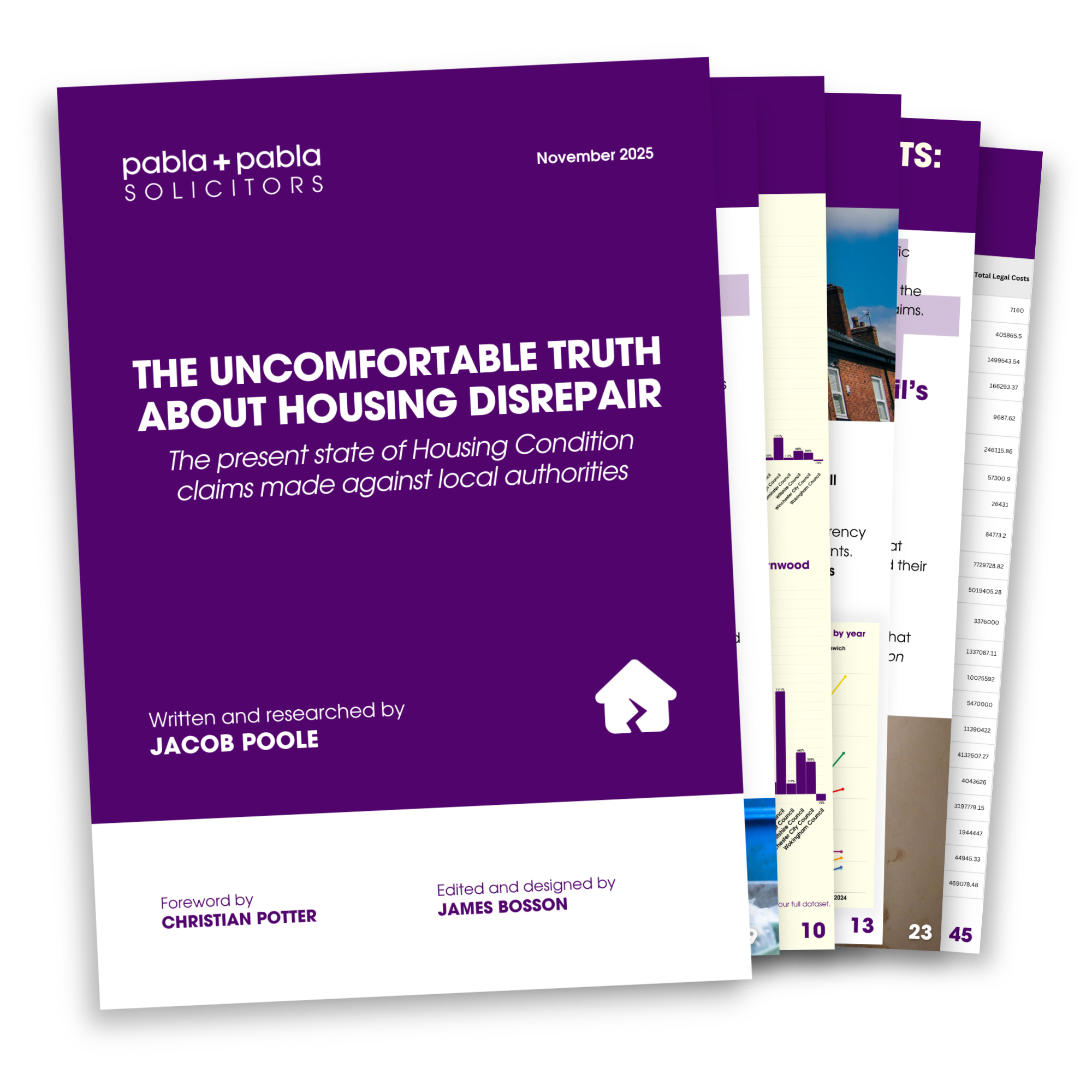

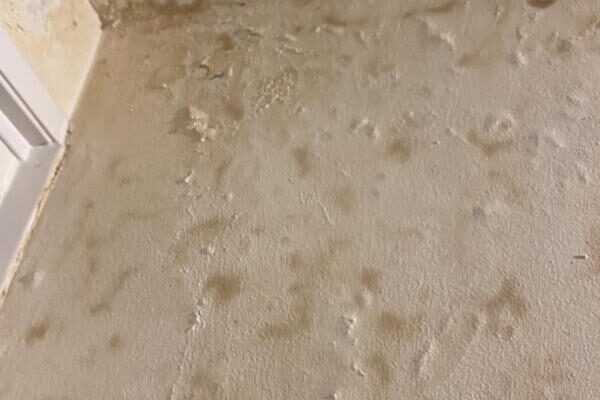
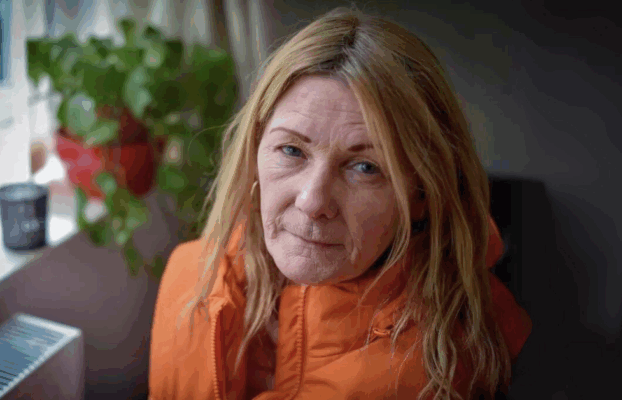
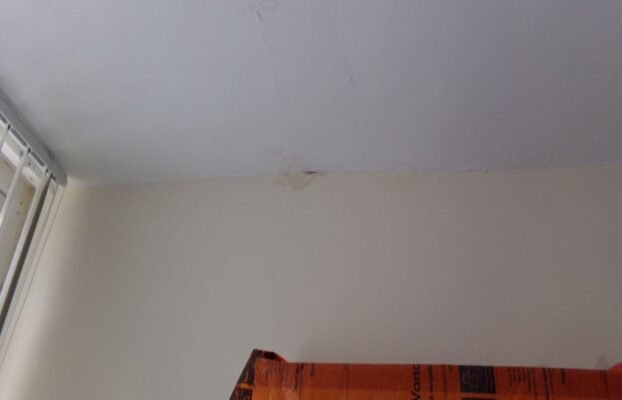



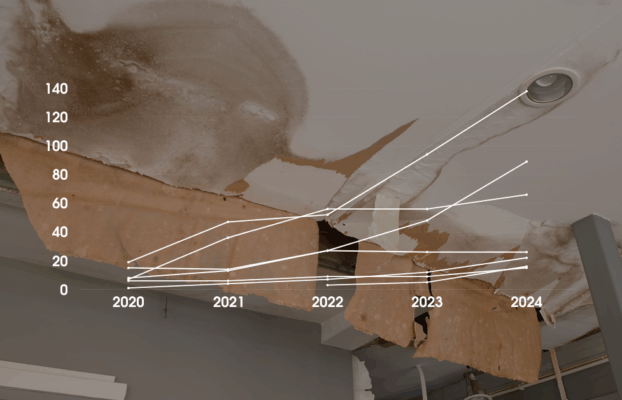

How easy is it for residents to complain to their landlord?
April 14, 2025